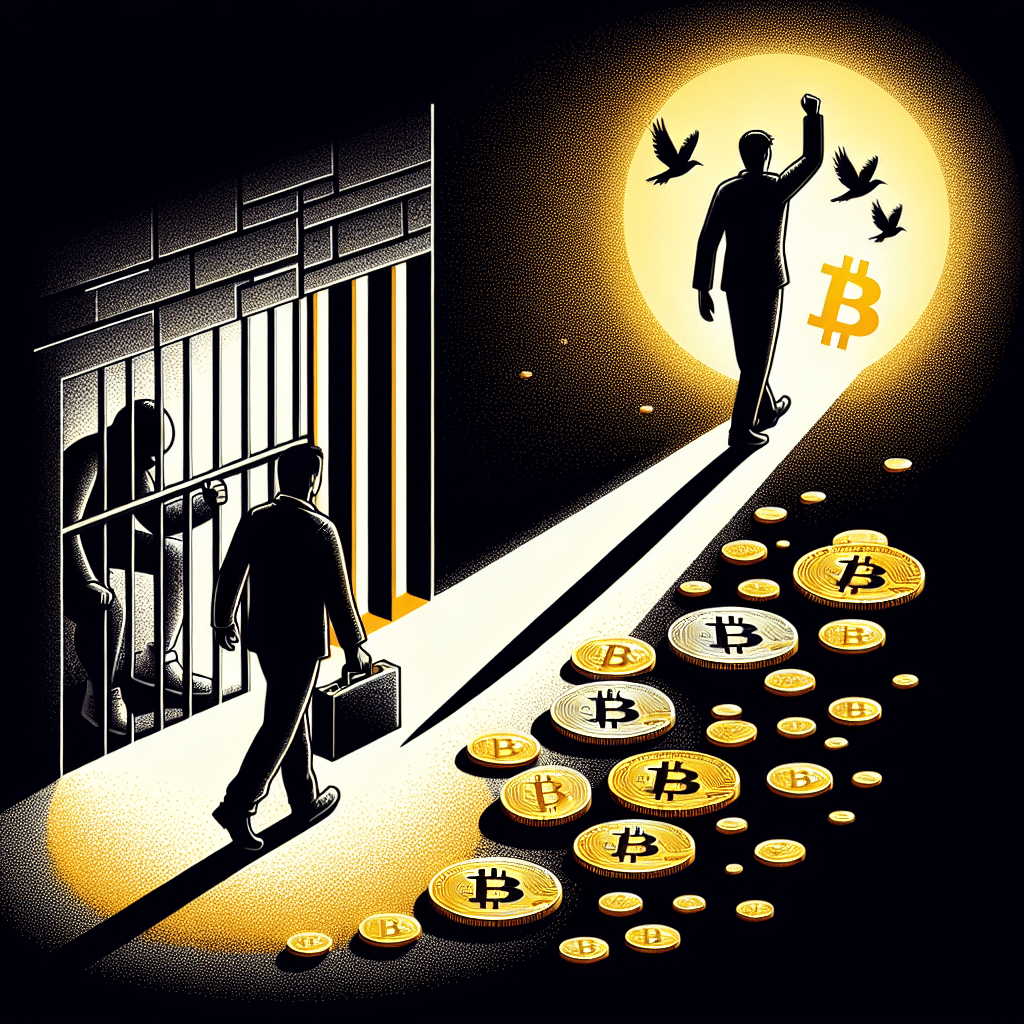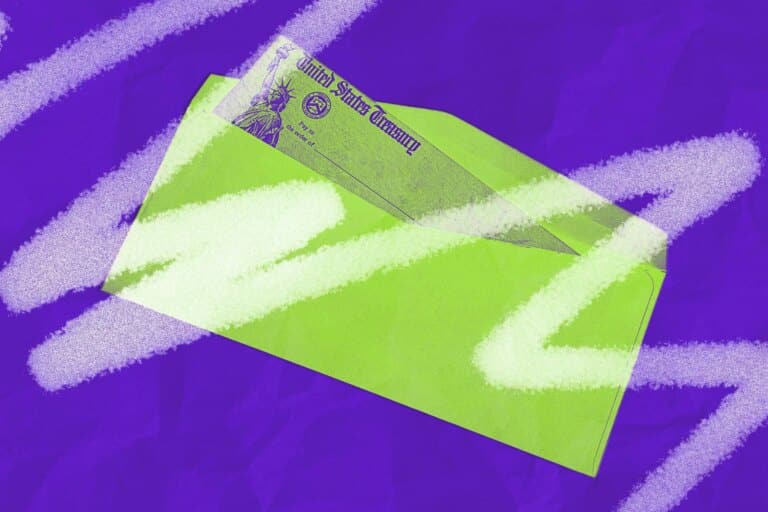[adrotate group="2"]


In a historic ruling that reverberated throughout the Bitcoin community, President Donald Trump granted a full and unconditional pardon to Ross Ulbricht, the founder of the Silk Road darknet marketplace. This decision was made on January 21, 2025—just one day shy of his campaign promise—and signifies more than just the end of Ulbricht’s sentence. It serves as a meaningful gesture, possibly reflecting goodwill for the slight delay. For Bitcoin enthusiasts, this act symbolizes not only justice for Ulbricht but also a potential alignment between the administration and the fundamental principles of Bitcoin.
This pardon came on the heels of several executive orders enacted on Trump’s first day back in office, highlighting the administration’s commitment to various national priorities. Nevertheless, this particular act resonates with Bitcoin supporters, representing a promise fulfilled and igniting optimism for pro-Bitcoin legislation and advancements regarding the Strategic Bitcoin Reserve.
Ross Ulbricht’s Silk Road was not merely a marketplace; it was Bitcoin’s first significant use case. Established in 2011, when Bitcoin was still emerging, the Silk Road illustrated the transformative potential of decentralized, censorship-resistant currency. Although it faced scrutiny for enabling illegal transactions, it also revealed Bitcoin’s capability for facilitating peer-to-peer, anonymous exchanges.
Ulbricht’s double life sentence became emblematic of judicial overreach—an opposition between a rigid system and the innovative spirit of technology. For countless members of the Bitcoin community, his predicament highlighted a broader struggle for autonomy, privacy, and the freedom to innovate. Now, his pardon is celebrated as a triumph for these core values.
The announcement of Ulbricht’s pardon has reinvigorated the Bitcoin community, yet it also brings to light ongoing issues. Developers of the Samourai Wallet still face potential imprisonment for creating Bitcoin privacy tools, and Edward Snowden, a figure revered by the Bitcoin community, remains in exile. (Snowden’s disclosures regarding mass surveillance have made him a significant advocate at Bitcoin conferences, aligning his values with the emphasis on personal and financial privacy espoused by Bitcoin.)
While Ulbricht’s release marks a victory, the incomplete landscape of justice for individuals like the Samourai Wallet developers and Snowden serves as a reminder of the ongoing challenges in safeguarding digital rights.
Ulbricht’s pardon is a pivotal moment, representing not just his own liberation but also potentially signaling a change in the treatment of innovators and pioneers who challenge established norms. It may indicate that the current administration is willing to rethink policies surrounding technology and privacy—issues that resonate deeply with Bitcoin advocates.
The Bitcoin community’s enduring support for Ulbricht highlights the movement’s dedication to privacy, autonomy, and opposition to overreach. Yet, as the celebrations continue, there is an understanding that this marks only one step in a broader quest to safeguard those who dare to innovate.
For Bitcoin enthusiasts, this instance is both a cause for celebration and a call to action—a testament to the continued push for a future where technology empowers individuals and where justice and innovation can thrive together.
This article is a Take. The views expressed are solely those of the author and do not necessarily reflect the opinions of BTC Inc or Bitcoin Magazine.
[adrotate group="2"]




